Hubert Henry Harrison was an author, lecturer, editor, and often referred to as “The Black Socrates.”
Harrison was born in Concordia, St. Croix, Danish West Indies (now the United States Virgin Islands) on April 27, 1883. After completing his primary education in 1900, Harrison moved to New York City, New York. While living in New York, he took several positions which included that of a telephone operator and hotel bellhop. In 1901, he attended high school at night, finishing at the top of his class in 1907. After graduation, he worked as a postal clerk.
Harrison married in 1909 to Irene Louis Horton, and distinguished himself as a leading authority on black politics and history. Concluding that the color problem was actually a class problem (he would later change his mind), Harrison in 1909 became one of the few African American members of the New York Socialist Party. In 1910, Harrison wrote a harsh analysis of Booker T. Washington and his philosophy of racial accommodation for the The New York Sun. However, in retaliation, Washington in 1911 mobilized his considerable influence to have Harrison fired from his position in the post office.
Motivated, Harrison focused his time on becoming a full-time lecturer on black history and Socialist Party and soon emerged as the most prominent black in the New York Socialist Party.
He continued to write columns and editorials for radical newspapers and publications, although in 1912 he criticized the Socialist Party for failing to fully address the race issue in an article titled “Socialism and the Negro,” published in the International Socialist Review. In this article he argued that blacks should be more actively recruited by the Party since historically they were the most oppressed labor group.
In 1917 Harrison organized and became president of the Liberty League, a militant, all-black organization devoted to equal rights. He wrote for The Voice, the newspaper of the Liberty League, where he denounced Jim Crow laws and lynching. Two years later, in 1919, Harrison founded The New Negro, a newspaper he dedicated to denouncing the murderous race riots and lynching across America. By 1920, Hubert Harrison found his newspaper and his organizing efforts overshadowed by another West Indian immigrant, Marcus Garvey, and his Universal Negro Improvement Association (UNIA). Though never officially joining the UNIA, Harrison accepted a position as editor for Negro World, the UNIA newspaper. Harrison died on December 17, 1927.
sources:
http://sdonline.org/34/hubert-harrison-1883-1927-race-consciousness-and-the-struggle-for-socialism/https://en.wikipedia.org/wiki/Hubert_Harrison





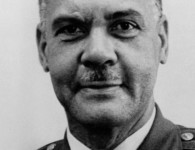


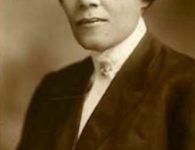
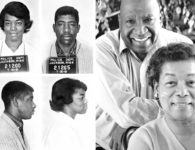
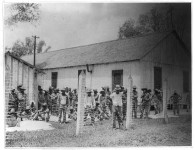
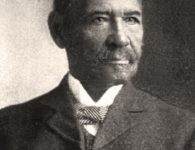
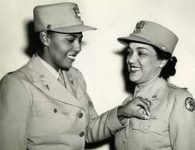
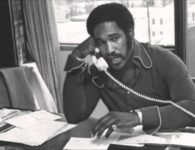
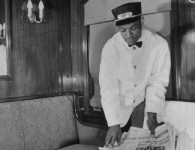


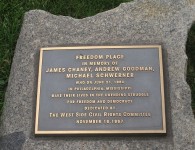
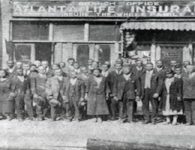


1 Comment
This is a cool post thanks a lot.